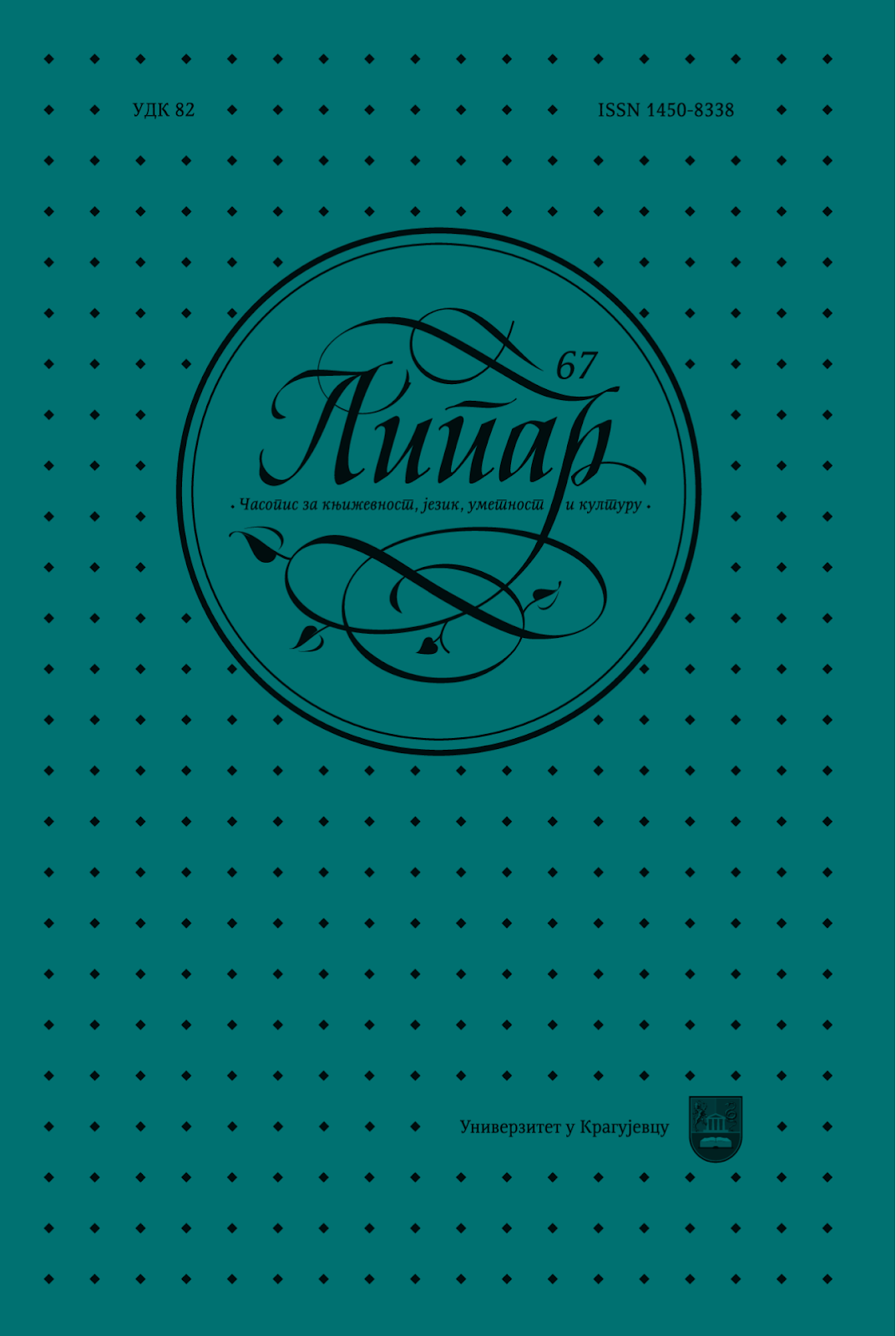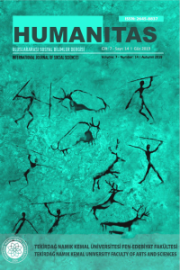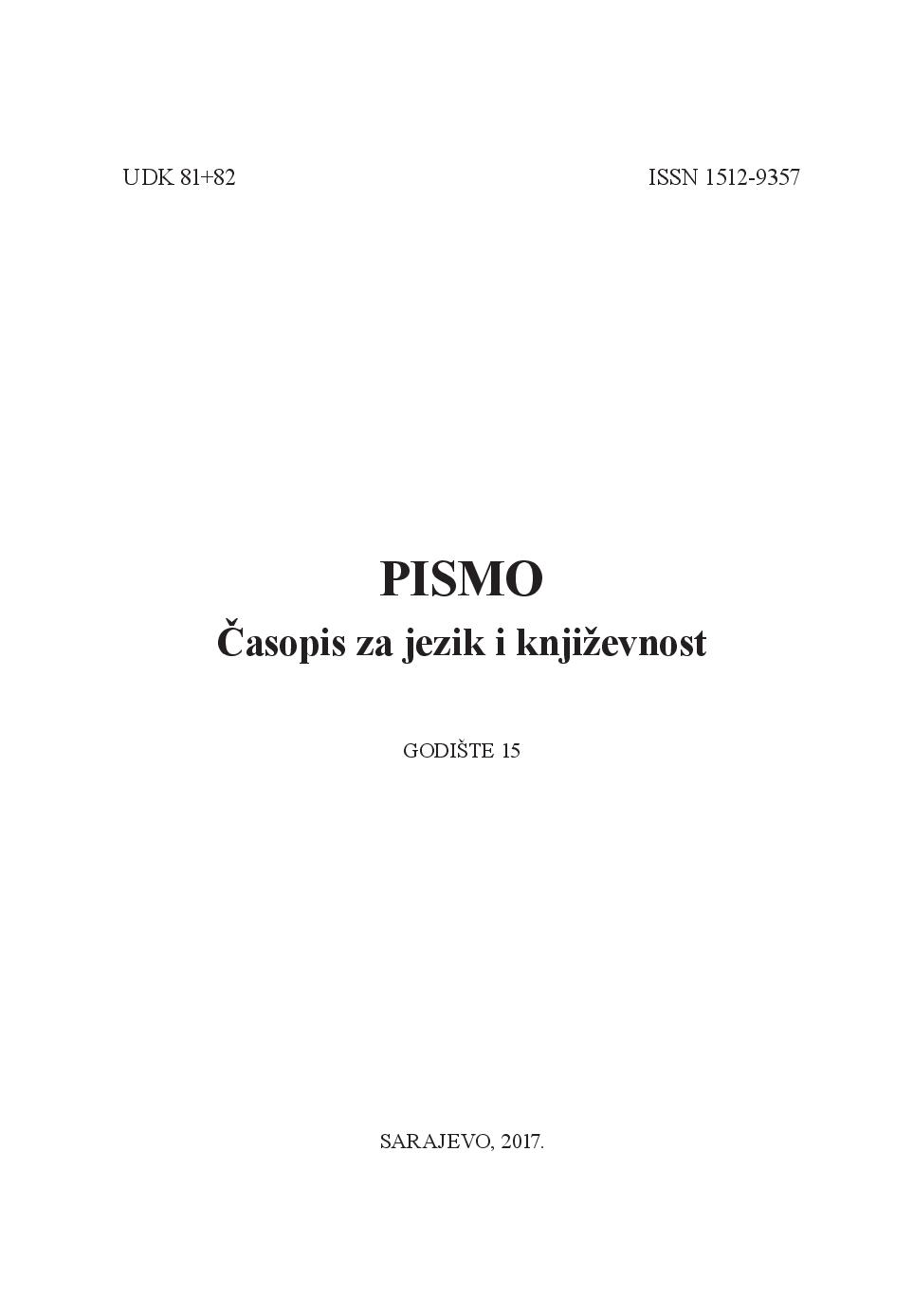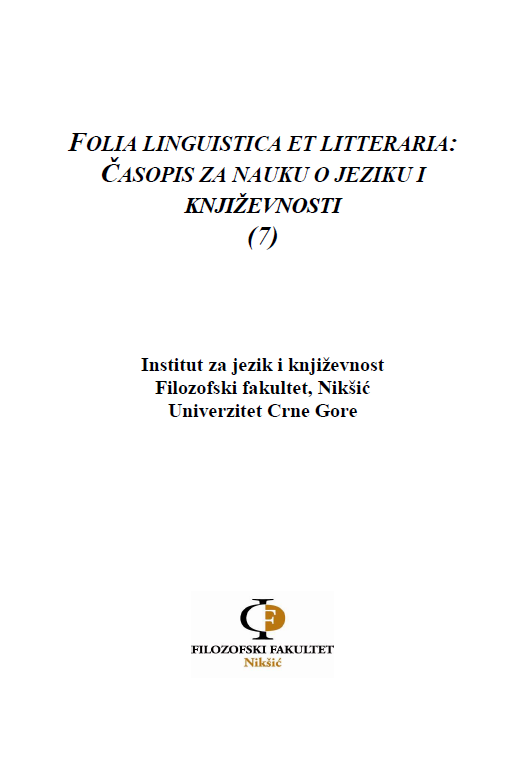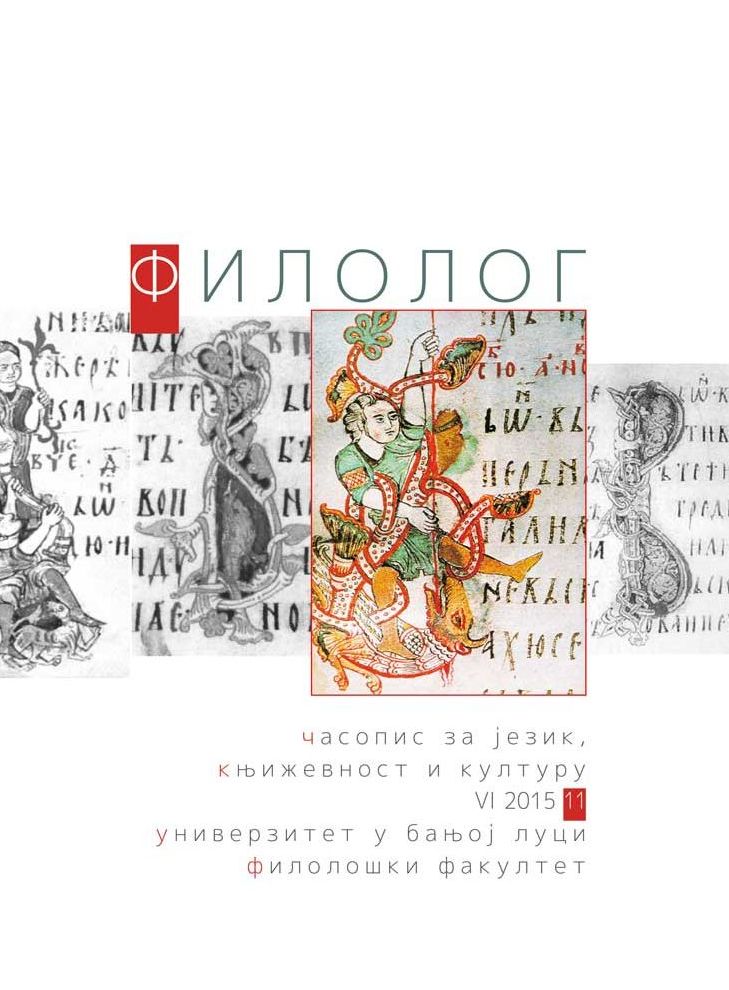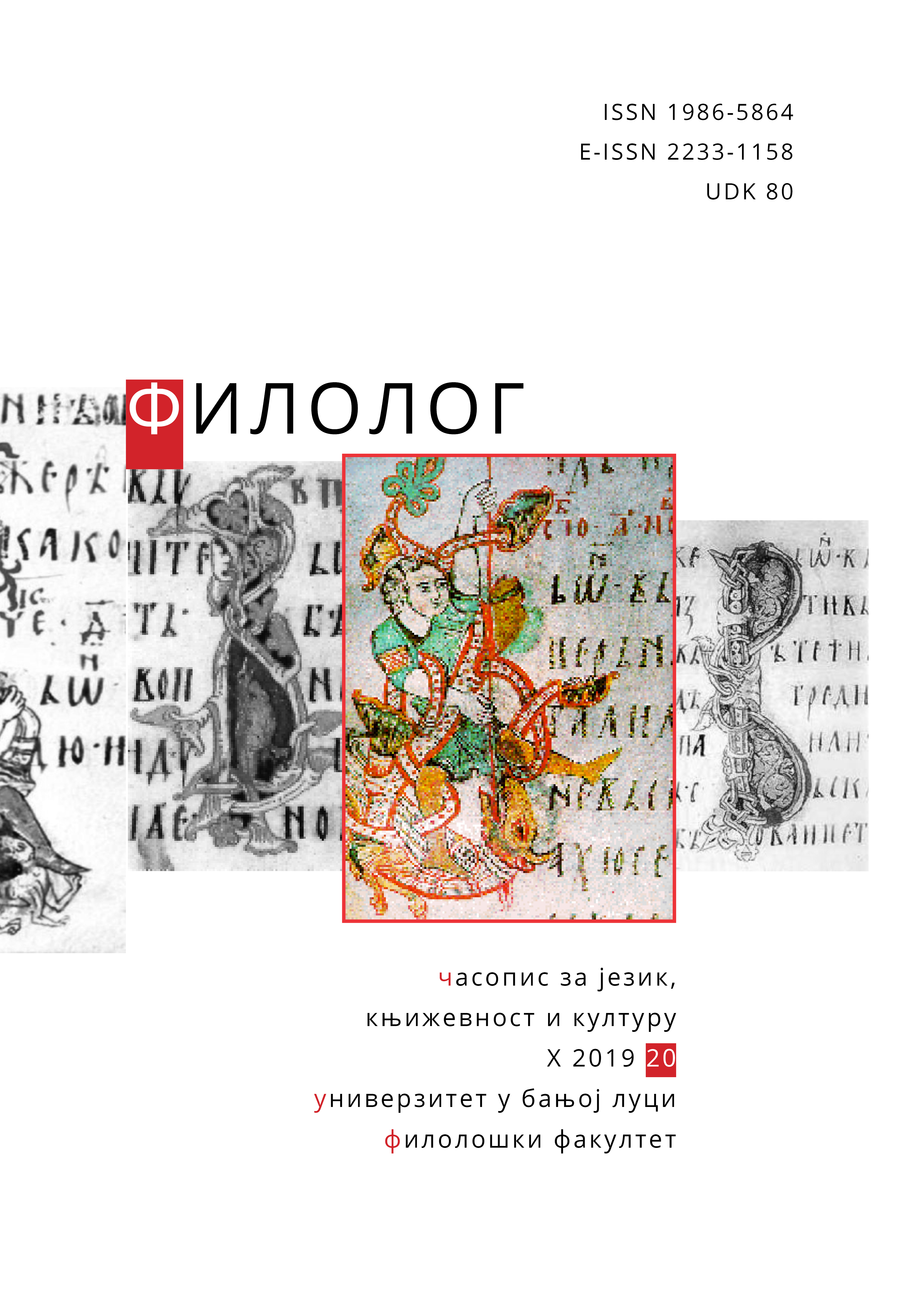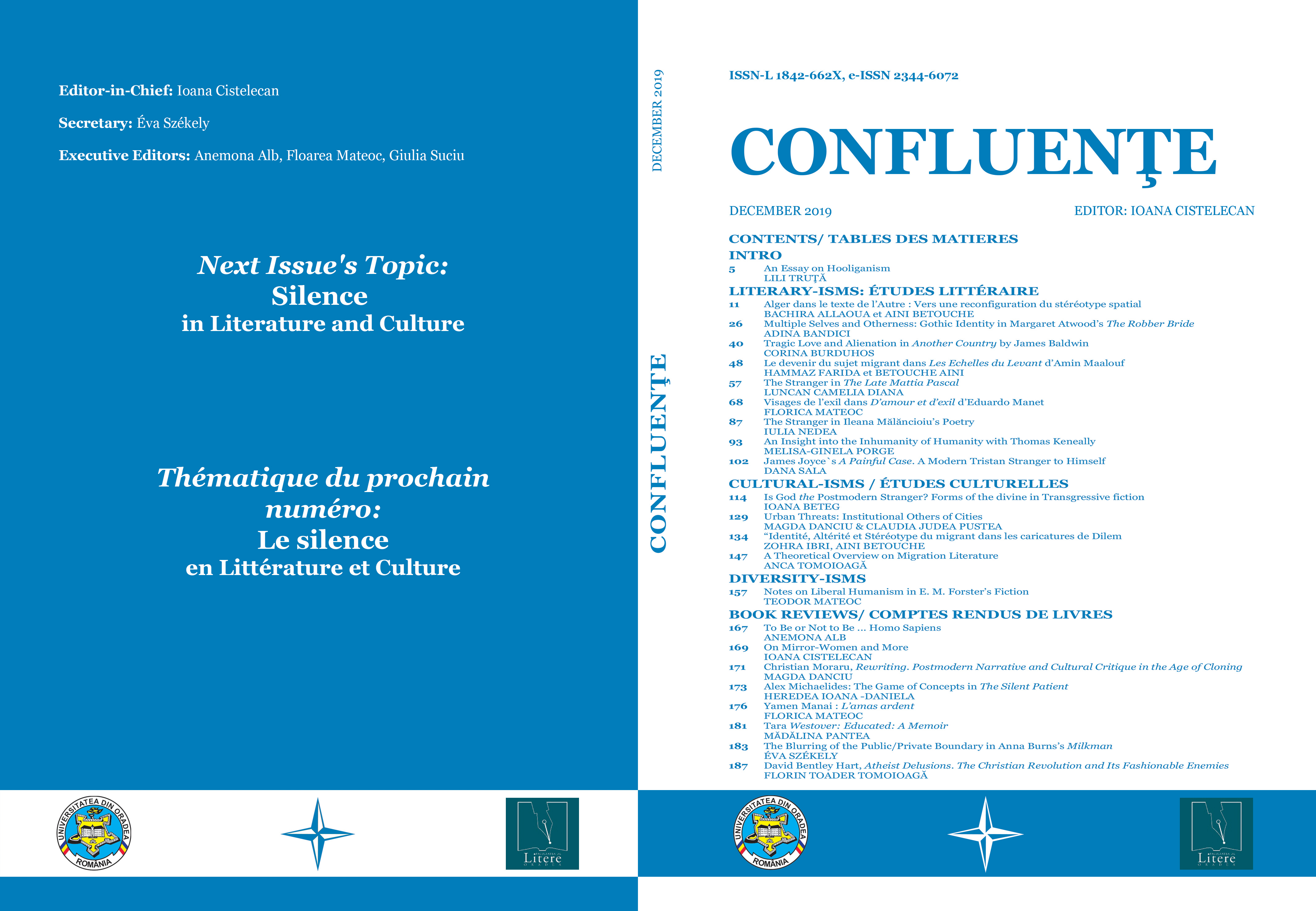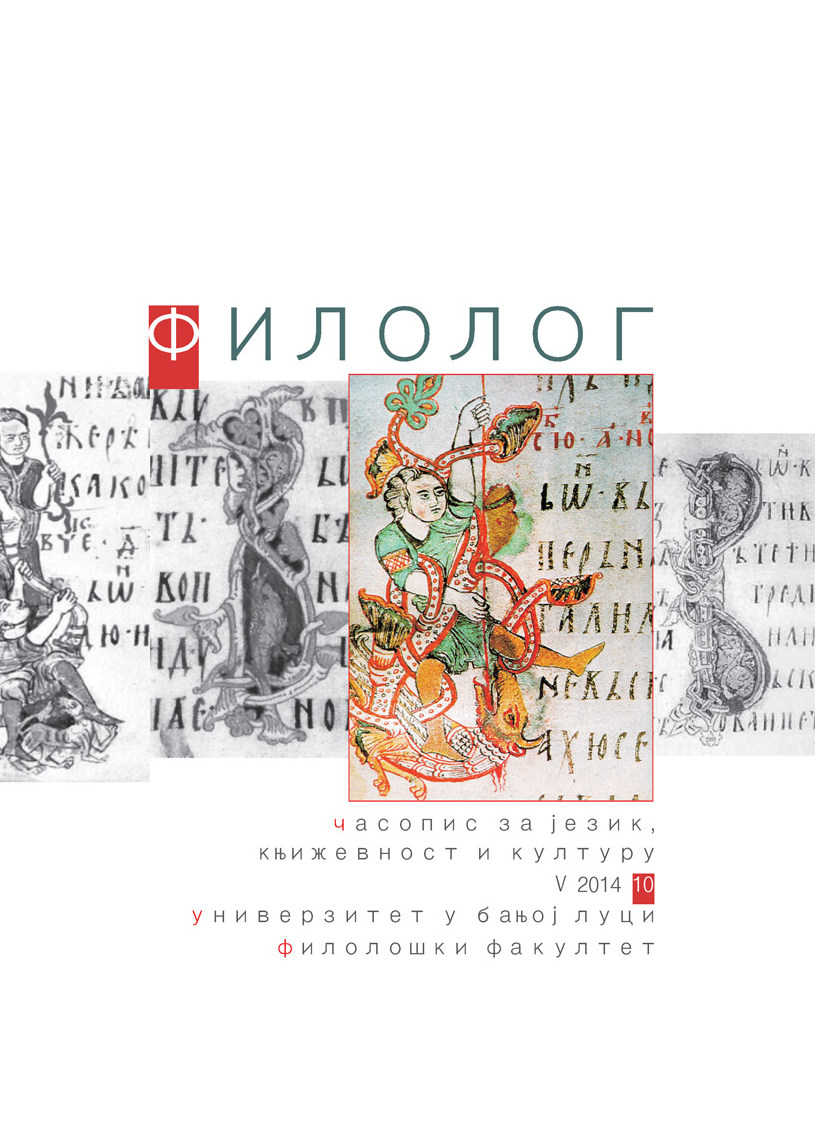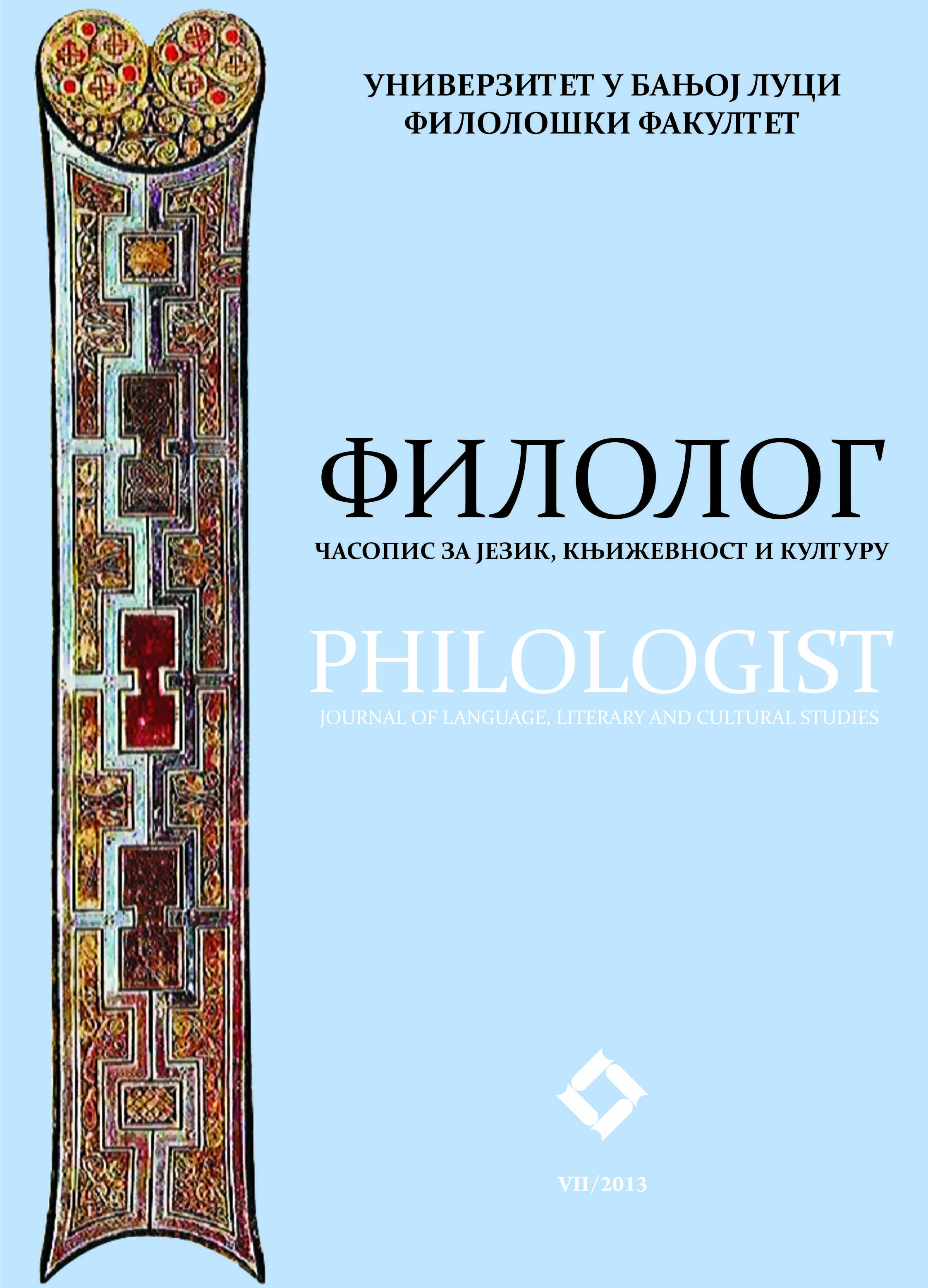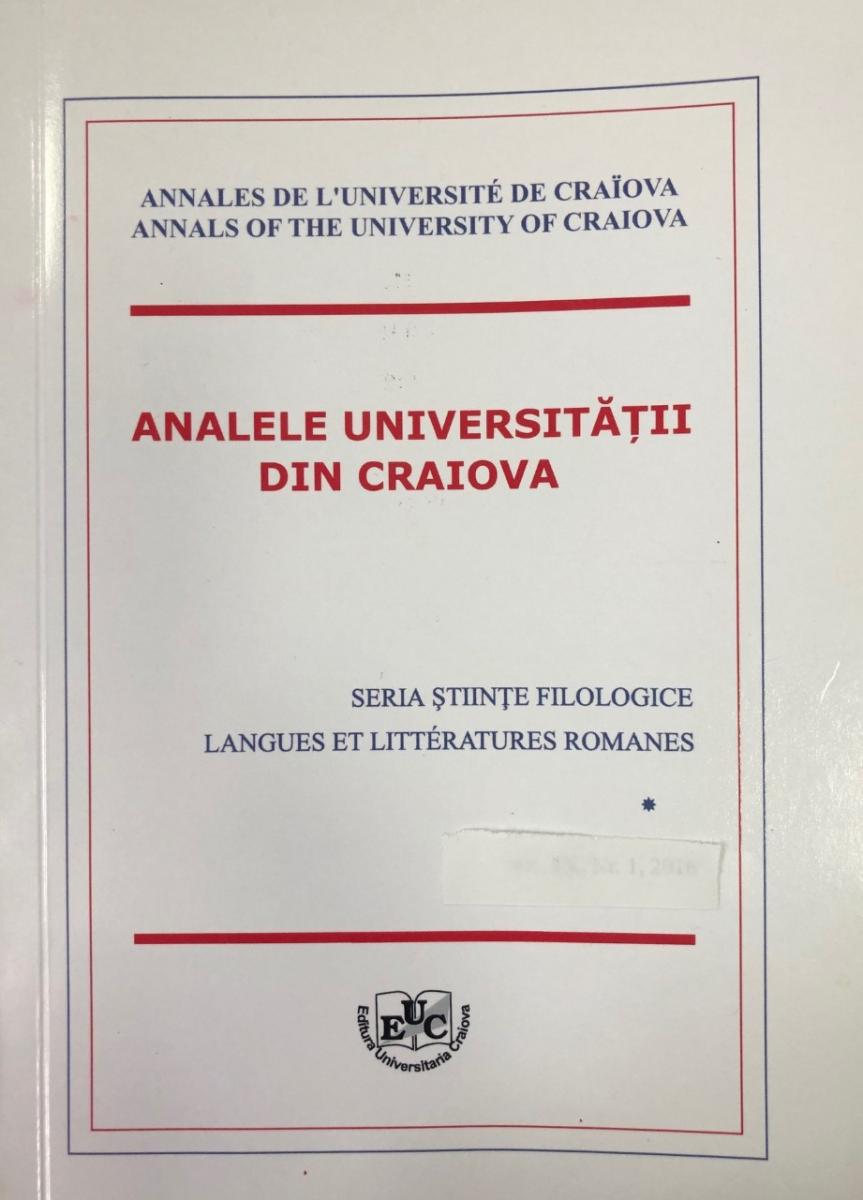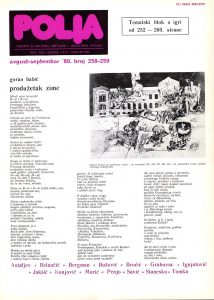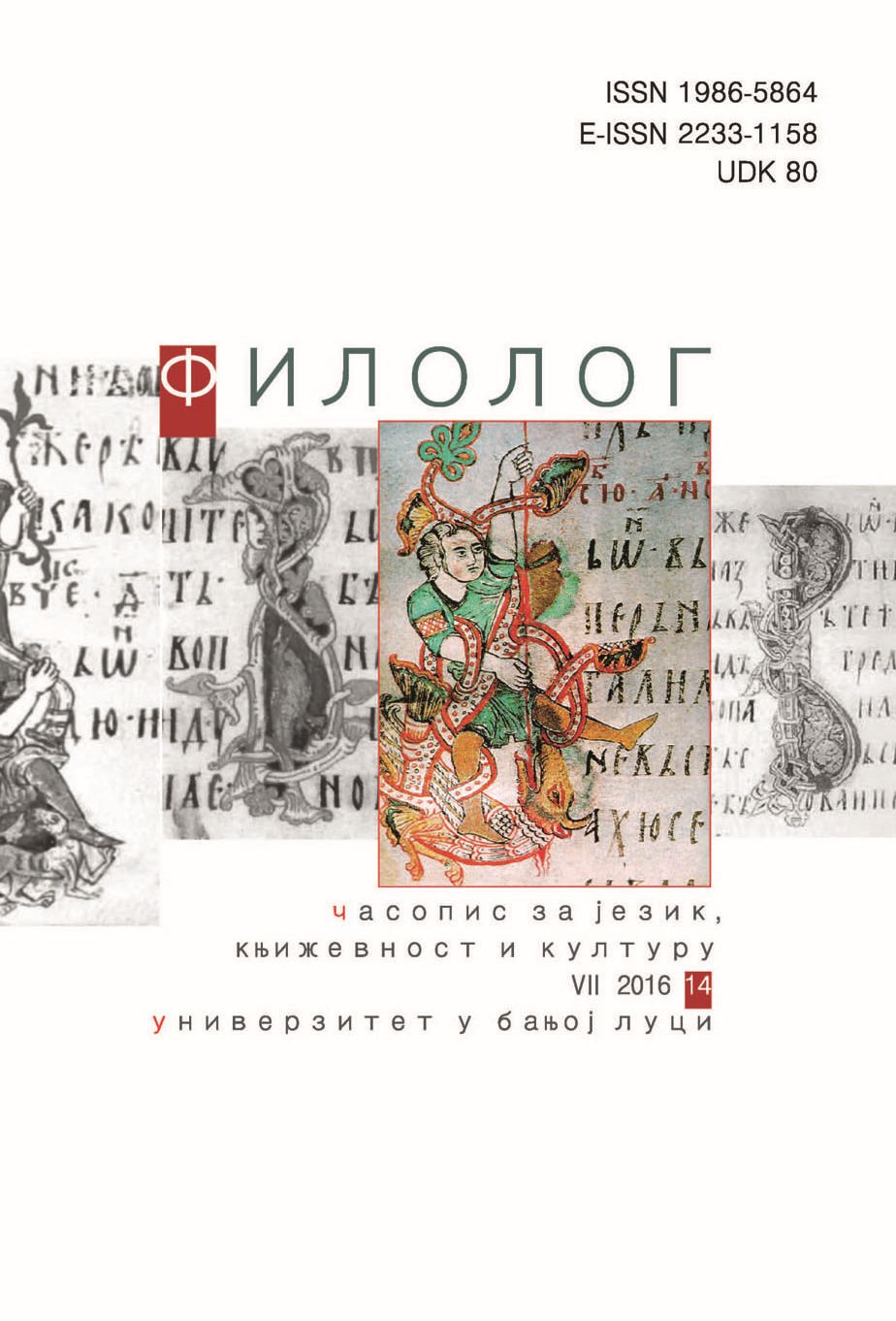
Féminité, demeure : le symbolisme de la maison et de la femme dans « Villa des femmes » de Charif Majdalani
This paper deals with the analysis of the novel The Villa of Women by Sarif Mazdalani, a Lebanese writer, through the prism of discussion of the notion of home and the notions implicit to it, as well as of that of woman, that is, femininity in general. Namely, a purely diegetic layer of narration, with quite distinct time and space connotations, relies upon the hypotext into which numerous archetypal and mythological, as well as biblical motifs, are woven. There is an obvious analogy between the symbolism of home and hearth, on the one hand, and the woman, on the other hand, which, according to mythological, archetypal, even ontological interpretations, presents a static, centripetal, immanent principle, related to the notion of telluric and similar ranges of notions. Unlike the male characters in the novel, who disappear, depart and return, and who, similar to the female ones, almost clearly reflect certain mythological figures, the woman as an immobile, static force makes sure that the ‘home nest’ is preserved, a symbol of victory of order over chaos, cosmogony completed– that still remains in the domain of man – as a place where the starting point of the mythological axis mundi rests. Mazdalani, whether consciously or not, adds stylistic features to this ancient story, whereas the title itself clearly points to the essence of the narrated, as well as to the indisputable correlation between the two notions.
More...
